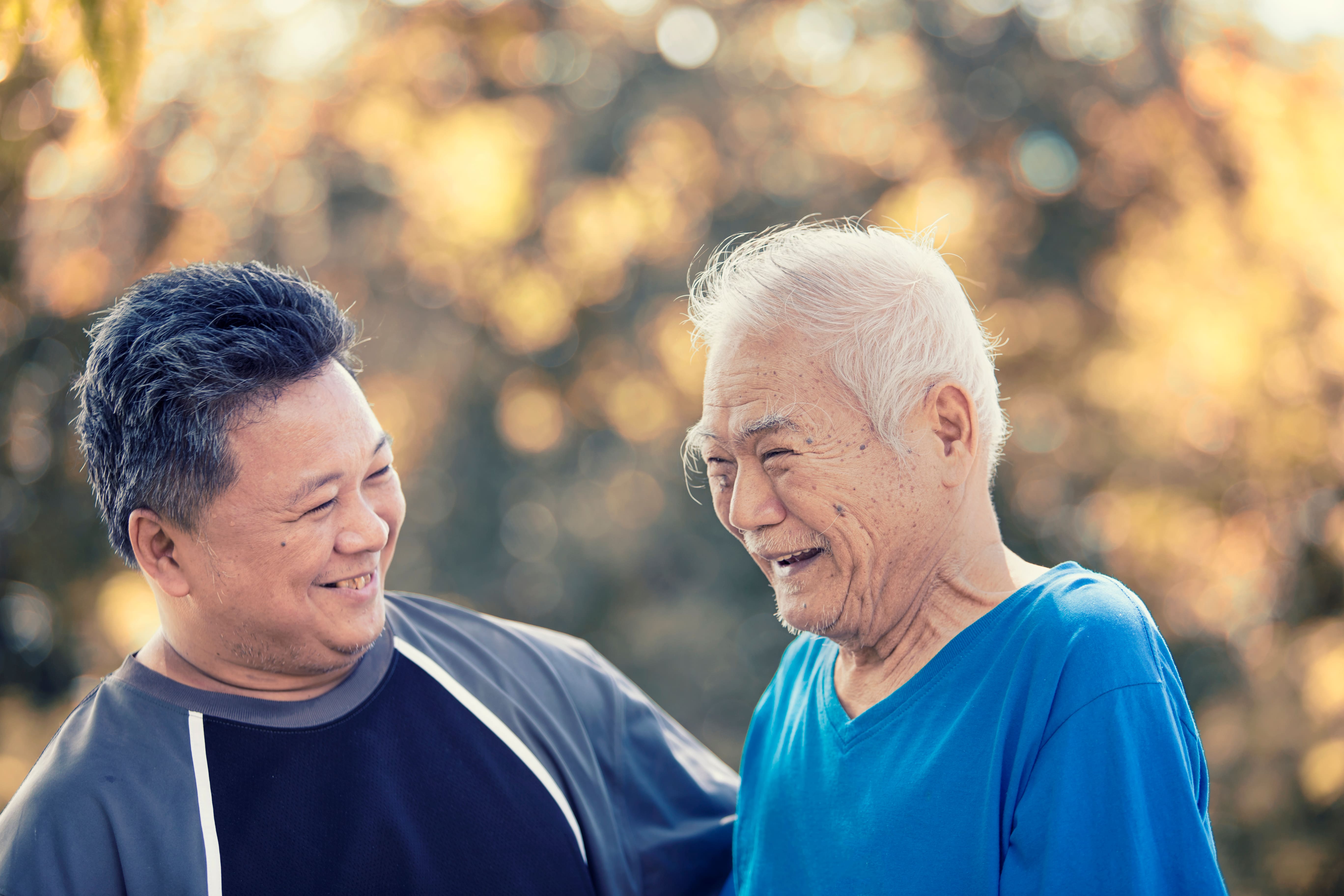Resources
Mobile Resource Library Tabs
Filters
Search
Categories Navigation
Asset Publisher
Content with Type Article .
Resources

How Caregivers Can Get Involved in the Community
Many times, people think of volunteering or being involved in the community as another activity to add to their to-do list. This can especially be the case when the project we have signed on for is out of our realm of interest. Caregivers can also often feel they do not have enough time to engage in activities they enjoy. However, finding the perfectly tailored volunteer opportunity or community engagement program can be key to gratification in our personal lives.
Read MoreBy Abbey Carney | 07/15/2022

Keeping Your Older Loved One Safe from Grandparent Scams
It’s an old stereotype that grandparents will do almost anything for their grandchildren—including opening their wallets more often than they probably should. If they hear their grandchild is experiencing a crisis, their first response is likely to do whatever they can to help them. Unfortunately, fraudsters are taking advantage of this natural impulse to help with a type of scheme known as a “grandparent scam.”
Read MoreBy Julie Hayes | 06/15/2022

Caregiving for Older Male Loved Ones
Every caregiving journey is unique, and there are so many factors that can change the experience. Your loved one’s family history, age, diet and ethnicity are all things that can affect his or her wellness, while their temperament, ability to communicate, values and beliefs can all impact the smoothness of providing care. Biological sex can also play a role. Those who care for the important men in their lives—fathers, spouses, partners, brothers, uncles, grandfathers, and many more—may experience different challenges than those caring for women.
Read MoreBy Julie Hayes | 06/15/2022

What to Know About Recent Government Policies to Support People with Dementia and their Caregivers
The Untied States government has always been a key player in the fight against dementia, but recently it has made an even greater national commitment to address this serious threat to national health. We outline just three recent dementia-related public policies that older adults with dementia and their caregivers should know.
Read MoreBy Julie Hayes | 05/16/2022

Helping Older Loved Ones Face Changes in Mental Health
For older adults, mental illness is a conversation made difficult by stereotypes. Assumptions like “Old people are just stubborn” or “He’s become mean as he’s aged” cause many to dismiss mental illness in older adults. For caregivers, messages like these can make it difficult to differentiate mental illness from what are considered “normal parts of aging.”
Read MoreBy Kerstin Yoder | 05/16/2022
